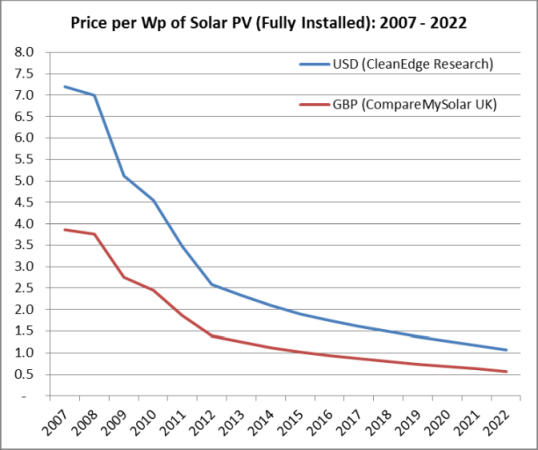I'm just going to put this here.
Cool PR stunt, but it doesn't prove what Tesla's marketing department thinks it proves.
I say "marketing department" because I refuse to believe that Tesla engineers actually think this demonstration would impress anybody who paid attention in high school physics class.
The Ford probably weighs about 5,000 lbs and for some reason they picked a model with only rear wheel drive.
I don't know what the Tesla weighs, but with its rugged construction and battery pack, it's going to be at least 7,500 lbs, maybe over 8,000 lbs.
With standard unloaded weight distribution, only about 35% of the Ford's weight is carried by the rear (driven) axle. Which in this case would equate to about 0.35 x 5000 = 1,750lbs.
The Tesla's entire 7500(ish) lbs weight is supported by driven axles because both axles are driven.
The static coefficient of friction for a rubber tire on dry road is about 0.8. This is important because it places physical limits on how much tractive force each vehicle can put down to the road before the onset of tire slippage.
Max tractive force (Ford) = coefficient of friction x load on driven axle = 0.8 x 1,750 = 1,400 lbs
Max tractive force (Tesla) = coefficient of friction x weight of vehicle = 0.8 x 7,500 = 6,000 lbs
As we can see, the laws of physics say that the Tesla can transmit much more force to the road - and thus "pull the Ford - just by virtue of the fact that it's heavier and has 4 wheel drive. In other words, the flashy results of this demonstration show absolutely nothing meaningful about the brute strength (or lack thereof) of either truck's propulsion system.
Another thing I find humorous about this demonstration is that it almost looks like they've got the trucks on an incline, presumably to lend the impression that the Tesla is not only pulling the Ford around, but doing so UPHILL! In reality, if the road is indeed slanted, it's actually handicapping the Ford because in that orientation even less of the vehicle's weight is on the rear axle, and less traction is available.
There are clear and unquestionable advantages to electric traction motors vs. internal combustion engines, particularly in low-speed torque showdowns like this. Which is why I find it rather disappointing that Tesla would resort to an obvious sleight of hand like this demonstration to generate publicity. But I suppose they probably have a few million wrapped up in that prototype and don't want to abuse it too much. There's also the "no publicity is bad publicity" angle as well.















![Craft A Brew - Safale S-04 Dry Yeast - Fermentis - English Ale Dry Yeast - For English and American Ales and Hard Apple Ciders - Ingredients for Home Brewing - Beer Making Supplies - [1 Pack]](https://m.media-amazon.com/images/I/41fVGNh6JfL._SL500_.jpg)










































